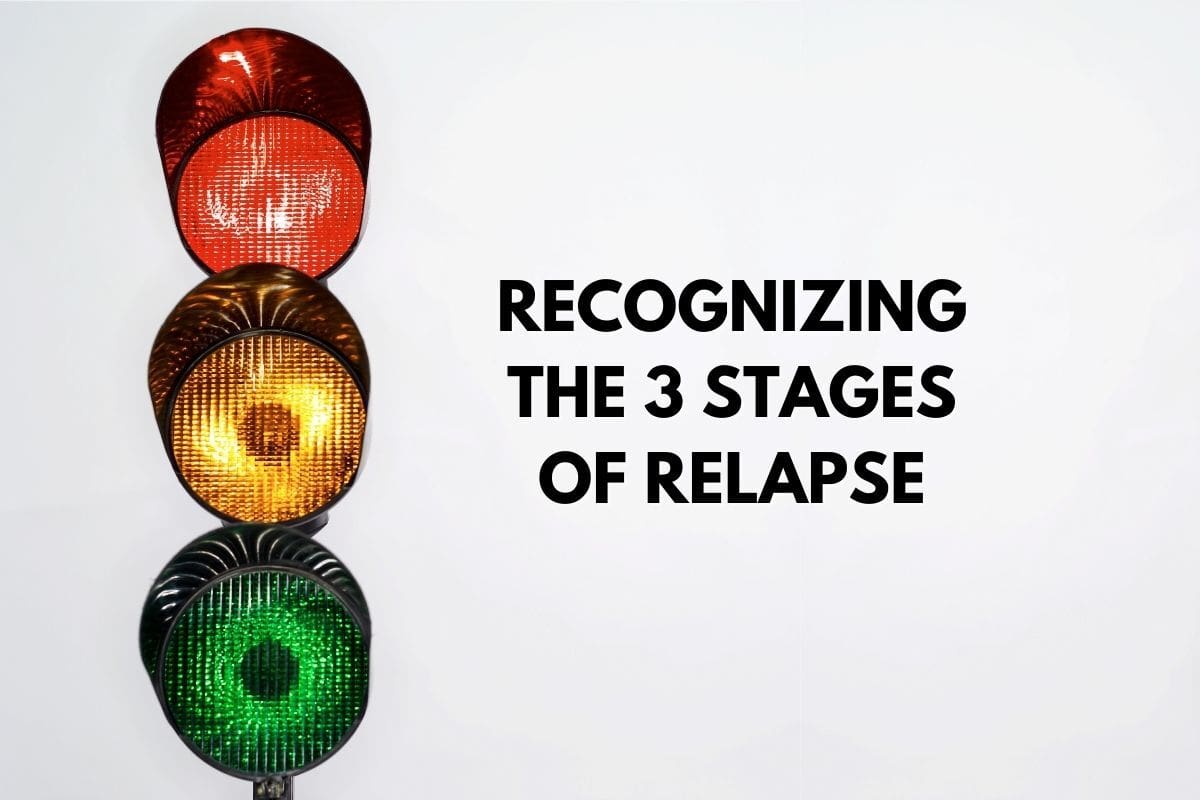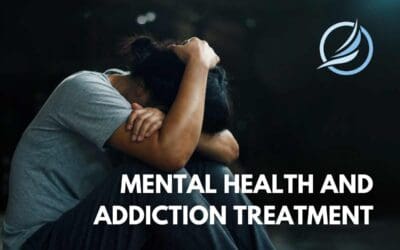There are many things that might cause someone to relapse: stress, cravings, peer pressure, etc. When it does occur, however, it’s rarely out of the blue. Relapse is a gradual process that first takes root in the mind before it manifests itself physically as drug use. There are three stages of relapse, and being able to recognize them can be a tremendous help for ongoing relapse prevention. In this article, we’ll discuss what these stages entail, the transition between them, and specific lines of thinking recovering addicts can use to stop themselves from taking things too far.
What’s the big deal about relapsing?
Relapse is defined as when a person starts using drugs again after a period of abstinence. While there is a heavy emphasis on relapse prevention in the addiction treatment industry, that’s not to say that relapse is something to be afraid or ashamed of; it’s extremely common and is a very normal part of the recovery process. The reason prevention is so heavily pushed, however, is that relapsing can be more dangerous than regular drug use since users might have lower tolerances than before they began treatment. For this reason, recognizing the stages of relapse isn’t just to prevent someone from slipping, but can literally be life-saving.
The 3 Stages of Relapse: Why They Matter
The phrase “knowledge is power” is just as true when it comes to addiction as it is elsewhere. There are three stages of relapse: emotional, mental, and physical. Understanding these different stages can help individuals recognize the warning signs that their abstinence is in danger of faltering. Each stage carries a distinct pattern of behavior and thinking associated with it and thus, has specific trains of thought that can help combat these moments of doubt, nipping self-destructive behavior quickly and effectively.
Emotional Relapse
Emotional relapse occurs long before the inkling of a craving enters your mind. This stage is the rise (or resurfacing) of negative emotions such as irritability, anxiety, or anger. Overwhelmed by these feelings, individuals abandon their newfound coping mechanisms and strategies which in turn, lays the groundwork for an eventual return to drug use.
The most telling sign of emotional relapse is when self-care goes by the wayside. What this looks like will vary from person-to-person, but often includes these behaviors:
- Abandoning your routine
- Not going to meetings or therapy
- Poor hygiene
- Having an irregular sleep schedule
- Binge eating unhealthy foods
- Isolating yourself
Mental Relapse
During this stage, individuals actively consider the idea of using again to relieve their emotional distress. At first, it may simply start off as reminiscing; thinking back to previous times of drug use. This quickly evolves into romanticizing, rationalizing, or even pondering the logistics of resuming drug use. Some of these might sound like:
- “No one will know I’ve relapsed, I don’t have to tell anyone”
- “I’m on vacation, I should be allowed to relax”
- “If I was able to stop before I can stop again after this one time”
In recovery, entertaining memories of past drug use or acknowledging cravings isn’t just commonplace, it’s expected. The difference between healthy thoughts and those that occur during mental relapse, however, is not dwelling on them. A healthy approach to these kinds of thoughts is to address them without fear or denial and then to let them pass. In these instances, time is your best friend. Distract yourself and give yourself a set amount of time before you take action. In many instances, you’ll find the urge has passed and allows for rational thinking to once again take control.
Physical Relapse
Physical relapse is the final stage in which drug use occurs, but also includes the active steps made to acquire them. These can look like contacting a dealer or driving to a liquor store. In this stage, the individual has begun taking active steps to acquire their substance of choice. While it is difficult to stop while this stage of relapse is in motion, it is not impossible to interrupt. The best means of doing so is to preemptively imagine these types of scenarios and prepare exit strategies.
Need Relapse Prevention Help?
The most important takeaway from the 3 stages of relapse is that it is a process, not a single event that happens in a moment’s decision. Just because the relapse process has begun doesn’t mean that relapse is imminent. In many cases, recognizing the warning signs early enough can prevent physical relapse from taking place. Even in the instance that relapse does occur, these stages provide helpful self-checkpoints that recovering addicts can use for future reference to measure their emotional and mental state.
If you are looking to further strengthen your chances of staying sober and drug-free, take a look at our helpful relapse prevention guide.

































